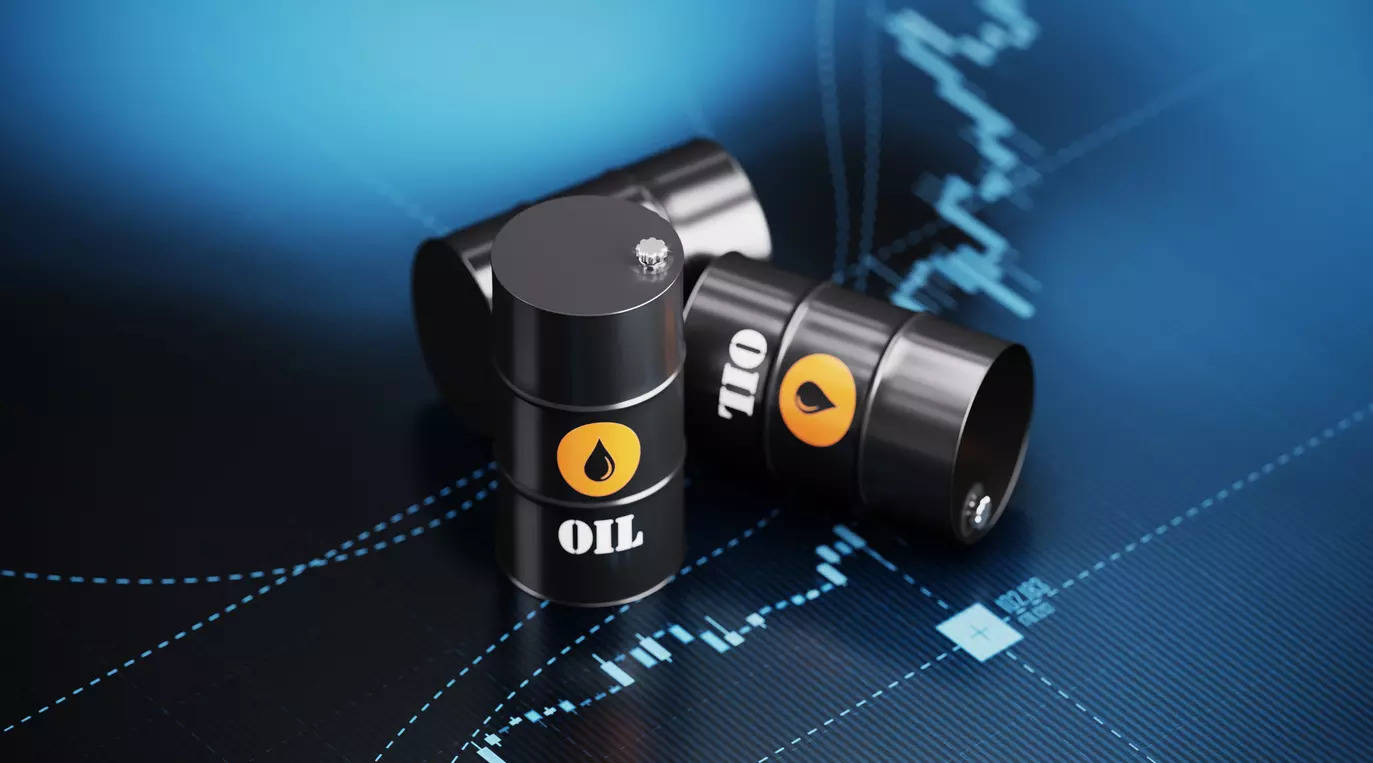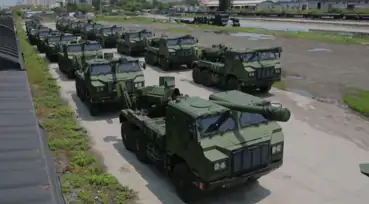
New Delhi: With a fresh round of tensions now beginning in West Asia between Iran and Israel, crude oil prices will be the biggest casualty.
Brent crude is already in the range of USD90/barrel and oil industry officials believe that if hostilities continue between the two countries, price could escalate to over USD100/bbl in the next few days.
“The real trouble will begin once crude oil starts inching towards USD125/bbl and that is when India will need to start worrying,” an oil sector executive told ETAuto. The welcome news for now is that with the Lok Sabha elections due to kick off over the next seven weeks, there is no way prices of petrol, diesel or cooking gas will be hiked.
“It has often been said that oil is more of a political commodity when it comes to its pricing. Even if crude oil prices start flaring up, the top priority in India is not to antagonise voters especially during a critical period like the elections,” said the executive.
The political nature of oil also means that so long as tensions persist in West Asia, prices are not likely to cool off for a while now. This means that crude oil will hover around the USD95-USD100/bbl mark for some months unless the war situation gets completely out of control and prices zoom further to USD125/bbl.
Fuel price hike
When that happens and a new government is in place at the Centre, it is a “near given” that prices of petrol and diesel will be hiked as soon as possible. This is the only way the refining trio of Indian Oil, Bharat Petroleum Corporation and Hindustan Petroleum Corporation can stem their losses.
“There is no way these companies can continue selling auto fuels at subsidised prices, more so when India is now in an era of market-determined pricing,” said another oil sector official. While IOC, BPCL and HPCL cannot do anything now with the elections underway, the auto industry will be relieved that consumers are spared of a fuel price shock.
As a top auto industry official said, the sales momentum is “finally back on track” across most vehicle segments even while growth projections for this year are “more realistic” in high single digits. “To expect an encore of last year’s buoyancy would be a bit of a stretch,” he added.
It remains to be seen what the impact of a fuel price hike post-June (once voting ends) will be for auto sales. At present, entry-level cars and two-wheelers are still facing headwinds in smaller towns where jobs have been lost and there is very little disposable income going around. Consumers here have already been put off by price hikes of vehicles and steered clear of making any purchases. In this backdrop, a fuel price hike will be the last straw for them.
Global volatility
By the end of the day, the new government at the Centre will have its task cut out while framing economic policies in a world that is experiencing extreme volatility. Europe is not in the best of shape and the US can swing either ways too with a recession not entirely ruled out. China is still grappling with a host of challenges and India for now remains the few bright spots in the world arena.
“However, that is of little comfort at a time when we are part of the global supply chain. It is important for our exports to stay robust while ensuring that domestic consumption remains high. Inflation remains the biggest threat in an era of high crude oil prices and this will dampen buying sentiment,” cautioned the oil sector official.
“Hopefully, things will not be so dire and the hostilities in West Asia will cease soon at least between Iran and Israel,” he said. There is no indication when the other two conflicts (Russia-Ukraine and Israel-Gaza) will cease but they have not had any serious impact on crude oil prices.
According to the official, India “did well” in importing Russian crude oil at competitive price levels and its policymakers will be hoping that West Asia does not become a boiling cauldron where crude prices will get out control. “I do not think the levels of USD150/bbl seen in 2008-09 will be replicated now,” he said.
As in the case of India, many parts of the world are also going in for elections. This means there will be significant changes in political and economic priorities going forward. “Tariff wars are going to hurt much more than actual wars in an increasingly isolationist global arena. Crude prices will then only become y part of the problem,” said an auto industry veteran.

















